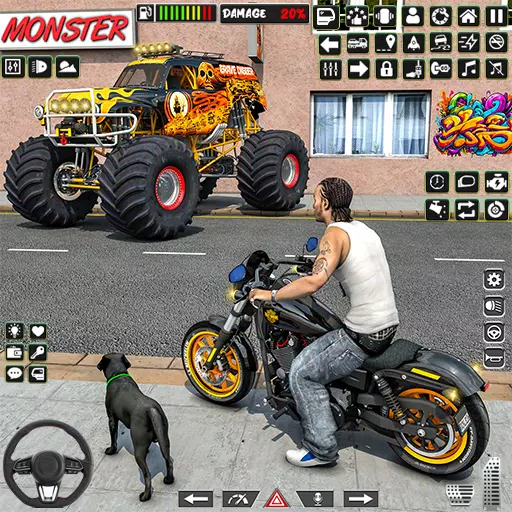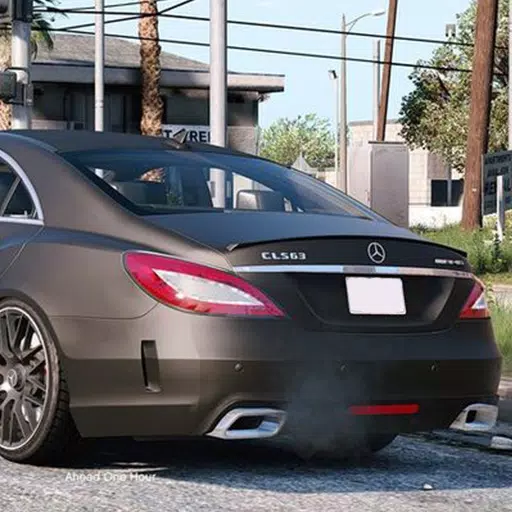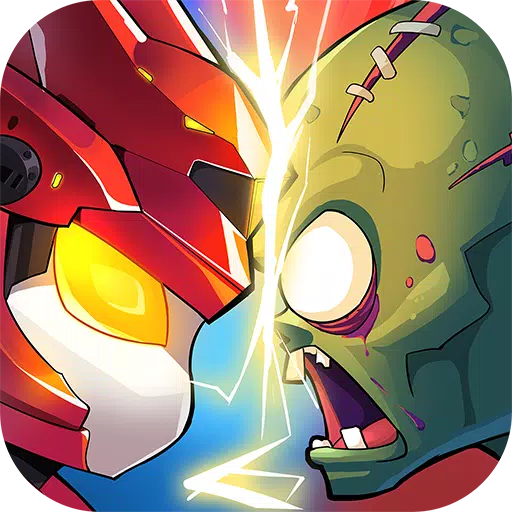Doom's enduring legacy is inextricably linked to the evolution of metal music. The series' iconic imagery and soundtracks, filled with fire, skulls, and demonic entities, mirror the aesthetic of bands like Iron Maiden. This symbiotic relationship has evolved alongside the gameplay, spanning diverse metal subgenres over three decades. From the thrash metal influences of the original Doom to the metalcore intensity of Doom Eternal, the soundtrack has consistently reflected the game's aggressive spirit.
The 1993 Doom's soundtrack, heavily influenced by Pantera and Alice in Chains, established a template. Tracks like "Untitled" (E3M1: Hell Keep) showcased riffs reminiscent of Pantera's "Mouth of War." The overall sound borrowed from thrash metal giants like Metallica and Anthrax, perfectly complementing the fast-paced, visceral gameplay. Bobby Prince's score remains a timeless classic, perfectly synchronized with the game's iconic gunplay.
Doom 3 (2004), a departure into survival horror, necessitated a shift in musical direction. While Trent Reznor's involvement was initially considered, Chris Vrenna and Clint Walsh ultimately composed the soundtrack, drawing inspiration from Tool's atmospheric and complex sound. Doom 3's main theme echoes the experimental nature of Tool's Lateralus, creating an unsettling soundscape appropriate for the game's slower, more deliberate pace. Though a commercial success, Doom 3's survival horror elements are now viewed as an anomaly in the series.
The 2016 Doom reboot marked a triumphant return to form, embracing the frenetic energy of the original. Mick Gordon's groundbreaking score, a djent-infused masterpiece, perfectly mirrored the game's intense, fast-paced combat. The soundtrack's innovative use of sub-bass and white noise created a visceral, unforgettable experience, arguably surpassing the original's impact.
Doom Eternal (2020), while featuring Gordon's work, saw a more collaborative approach, resulting in a soundtrack that, while still heavily influenced by his style, leaned more towards metalcore, reflecting the prevailing trends of the late 2010s and early 2020s. The influence of bands like Bring Me the Horizon and Architects is palpable, with a slightly lighter feel compared to Doom 2016's raw intensity.
Doom: The Dark Ages presents an exciting new chapter. Early glimpses suggest a soundtrack that draws inspiration from both classic and modern metal, mirroring the game's blend of classic Doom elements and innovative mechanics. The slower, more deliberate combat, incorporating mechs and mythological creatures, requires a soundtrack that can shift between crushing heaviness (reminiscent of Knocked Loose) and lighter, thrash-influenced moments, echoing the original Doom's energy.
The Dark Ages' soundtrack, composed by Finishing Move, promises a dynamic soundscape that complements the game's unique combat. The combination of heavy breakdowns and thrash-inspired elements creates anticipation for a score that will likely stand alongside the series' best. The game's innovative gameplay, influenced by titles like Titanfall 2, further parallels the experimental nature of modern metal, suggesting a soundtrack that will be as groundbreaking as the game itself. The potential for a new favorite metal album accompanying the May release of Doom: The Dark Ages is truly exciting.
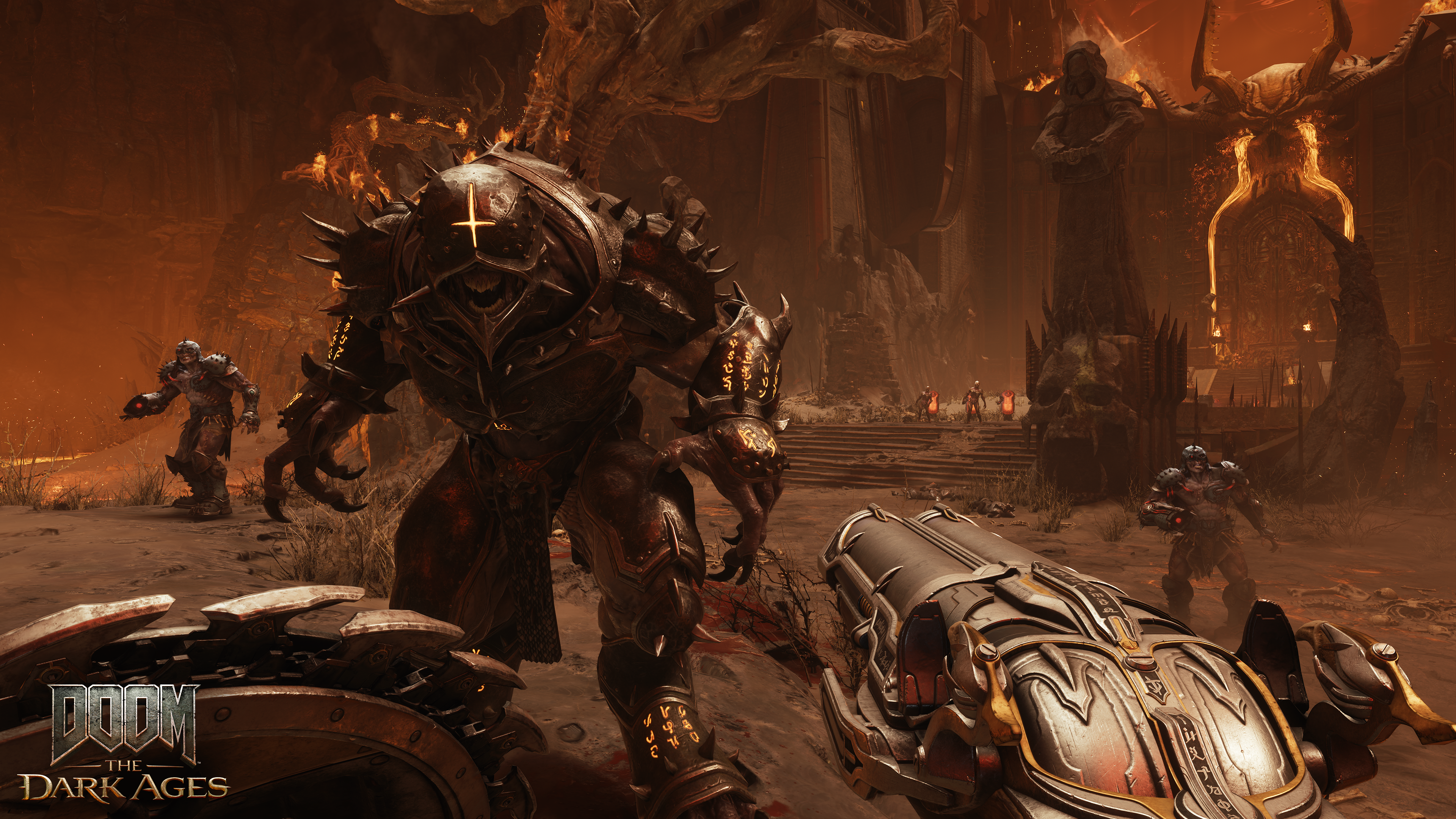

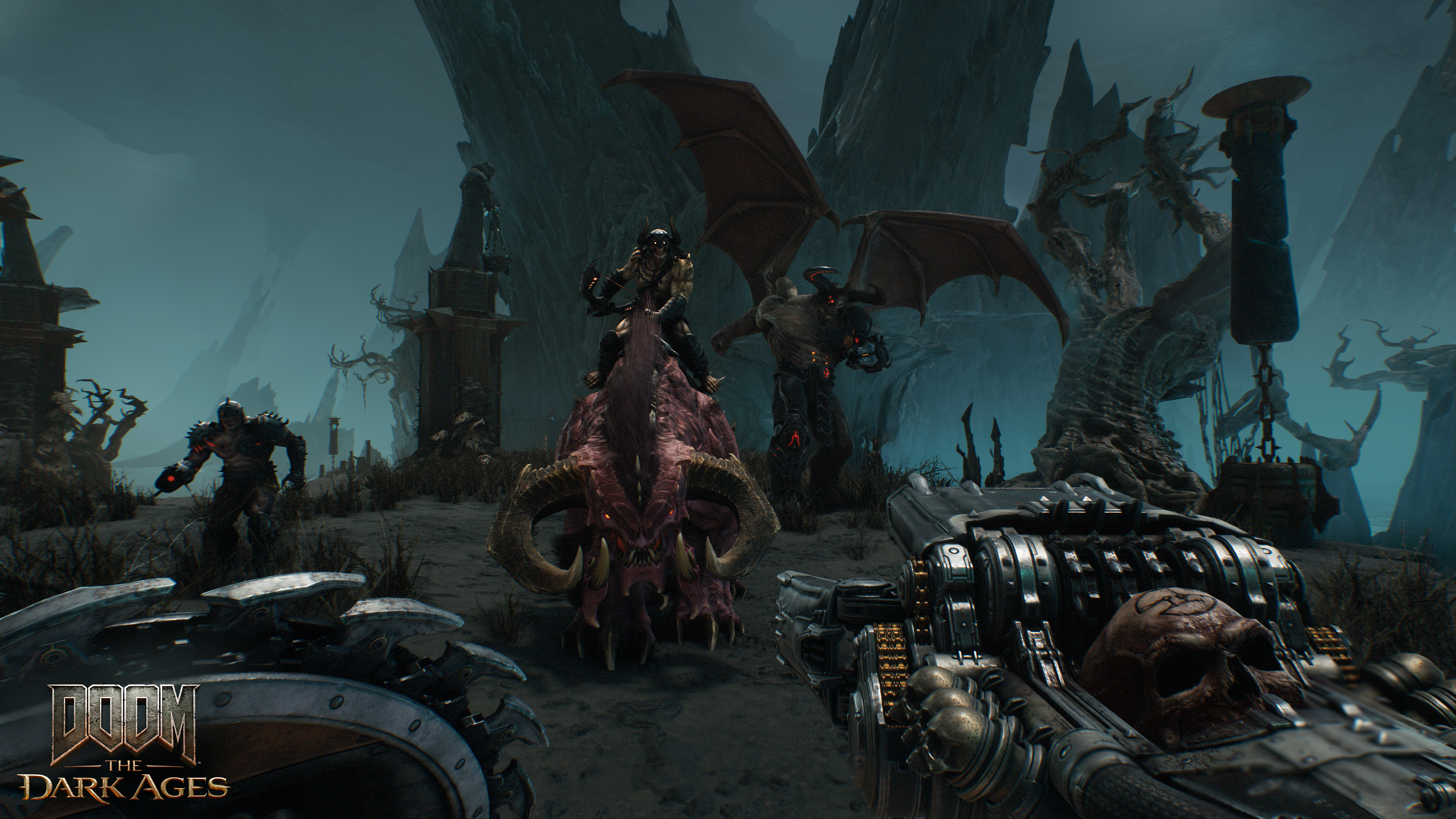
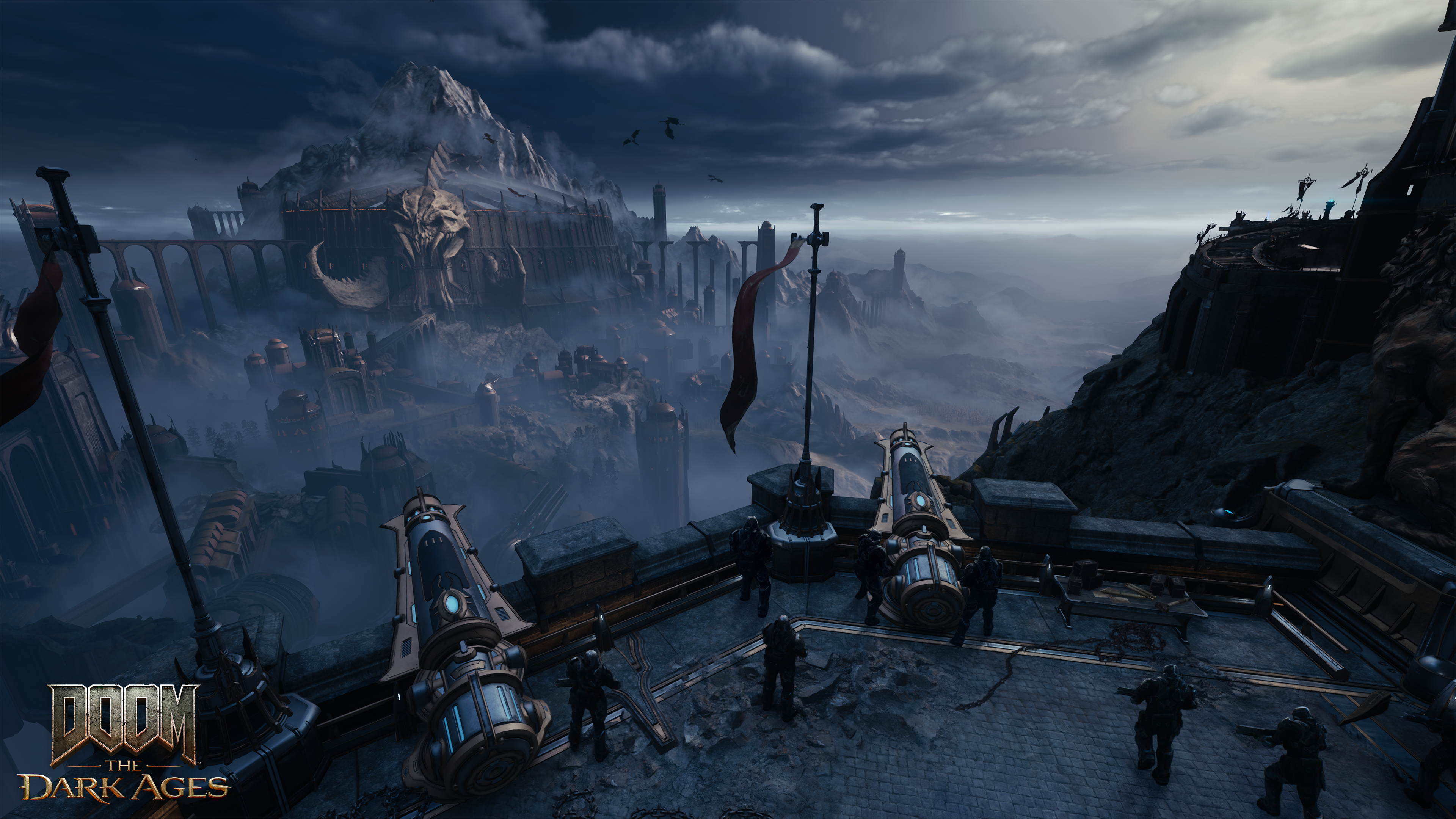
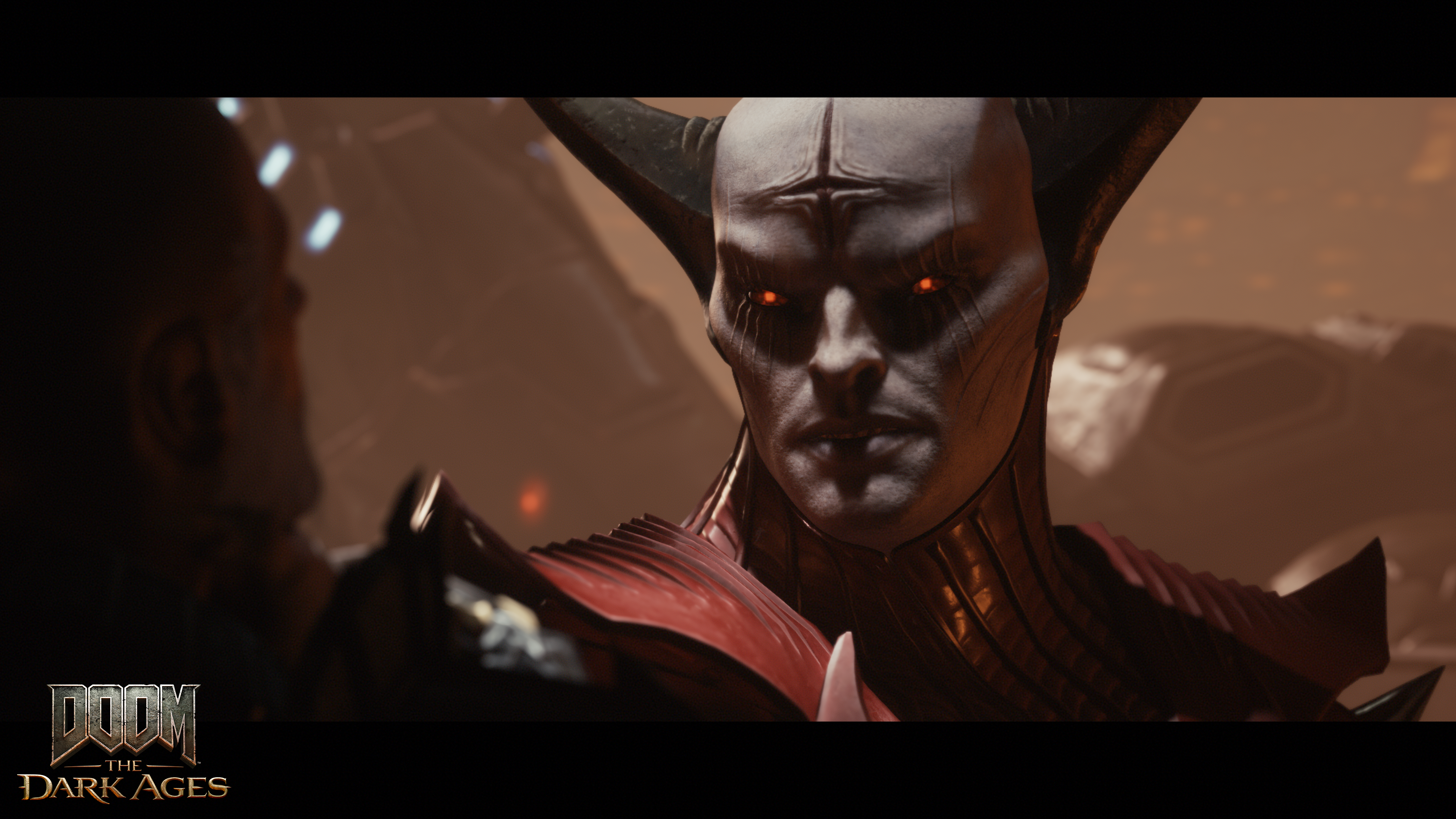
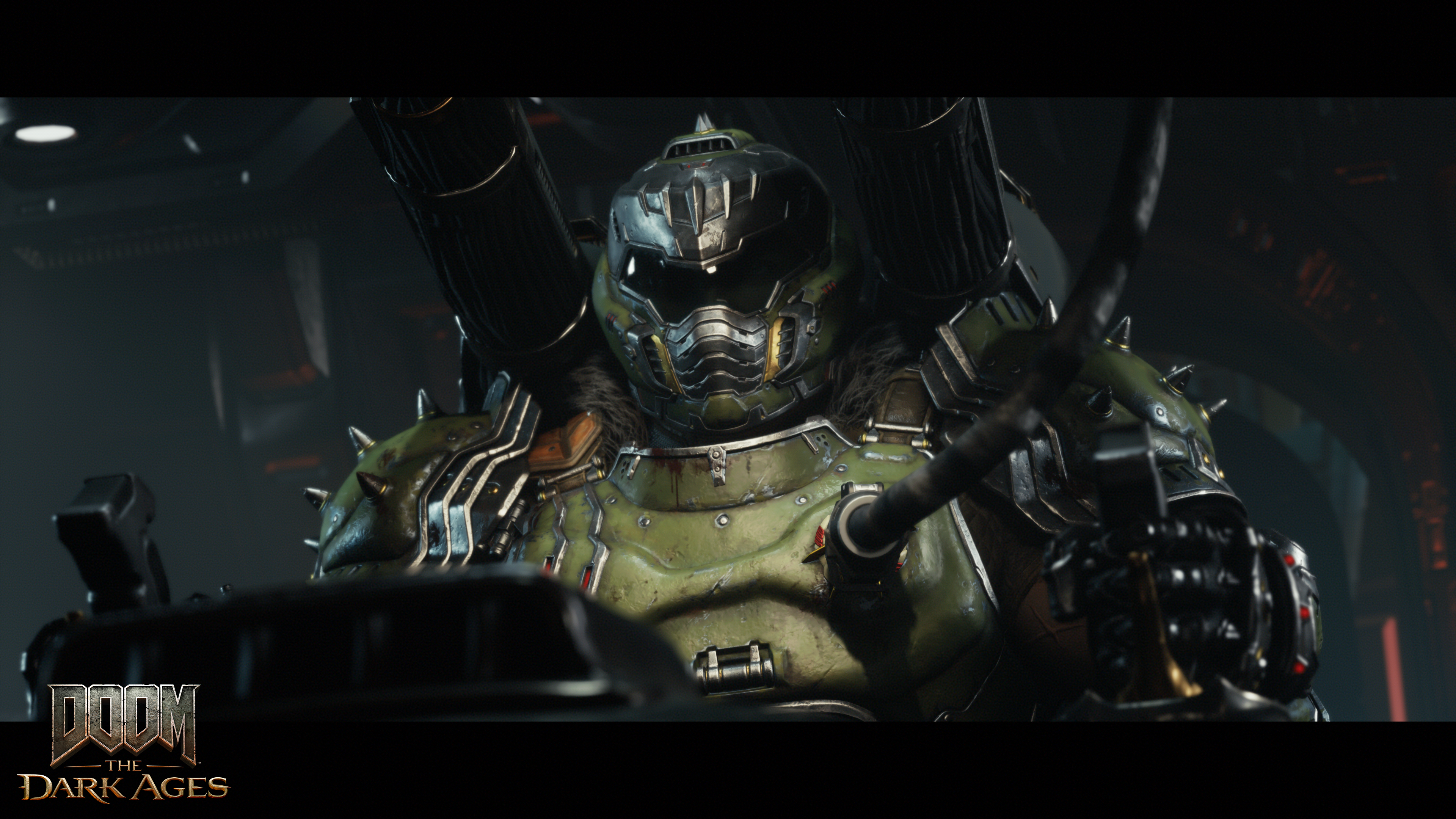






![NighTly Ritual – New Version 2.0 [Okyo]](https://images.51ycg.com/uploads/55/1719595294667ef11ef4096.jpg)

